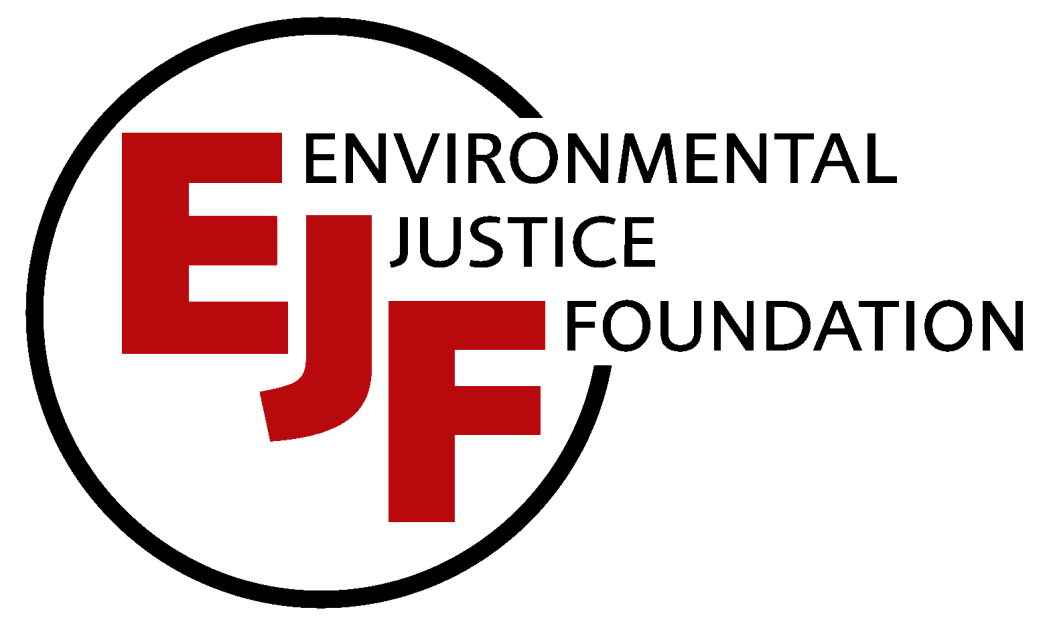
ASP CEO Stephen A. Cheney Quoted in Environmental Justice Foundation’s Report on Climate Change and Conflict
ASP’s CEO Brigadier General Stephen A. Cheney, USMC (Ret.) was quoted in Environmental Justice Foundation’s (EJF) “Beyond Borders” report about the changing climate and its role in conflict and human displacement. The report covers the wide range of climate change related impacts, including changing weather patterns, decreased livelihoods and food security, forced migration of peoples, and the increased risk of conflict. Climate change will exacerbate already extreme poverty, food insecurity, and other inequities, like access to safe and clean drinking water. It will also worsen economic, social, political, and environmental stressors, contributing to increasing vulnerability of many groups around the world.
In simple terms, climate change is a “threat multiplier,” meaning that it increases the likelihood of conflict in the context of pre-existing tensions and through a series of complex interactions among different political, social, economic, religious, and ethnic factors. While the links are incredibly complex, climate change and its impacts on weather, food security, water, resources, energy, and infrastructure can be expected to create “tipping points,” pushing populations over “critical thresholds” leading to instability and the potential for conflict.
The Environmental Justice Foundation report highlights the widespread and deeply felt effects of precipitation patterns. Some regions are experiencing more rainfall, like Sierra Leone, where there were massive landslides due to increased rainfall, while others are experiencing severe drought, like Ethiopia and Kenya. Such droughts are increasingly worrisome, because they seriously impact crop yields. Between 1985 and 2007, droughts led to a 13.7% loss in cereal production. Other effects on agriculture include the need for increased irrigation, changing planting and harvesting seasons, decreased arability, and more pests. The most vulnerable are often the poor who are highly dependent on agriculture, because they have a low capacity for adaptation and are exposed to any environmental shocks.
In addition, the report also discusses climate refugees, defined by the EJF as “persons or groups of persons who, for reason of sudden or progressive climate-related change in the environment that adversely affects their lives or living conditions, are obliged to leave their habitual homes wither temporarily or permanently, and who move either within their country or abroad.”
General Cheney notes that, “Climate change could lead to a humanitarian crisis of epic proportions. We’re already seeing migration of large numbers of people around the world because of food scarcity, water insecurity and extreme weather, and this is set to become the new normal.”
At the moment, climate refugees lack a clear legal status in and protection under international law. The EJF strongly argues that states should work together to develop a human-rights based framework that clarifies the legal status of climate refugees and obligations of states to protect them.
Finally, the report stresses that states must act to mitigate climate change, support resilience and climate justice, and calls for a United Nations Special Rapporteur on Human Rights and Climate Change. Read the the full “Beyond Borders” report here. General Cheney was also quoted in a Guardian article about climate refugees and the EJF report, which you can read here.
BEYOND BORDERS from Environmental Justice Foundation on Vimeo.





